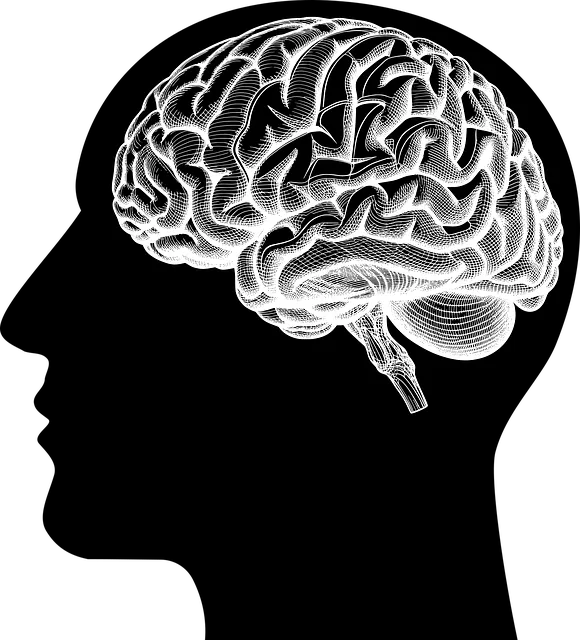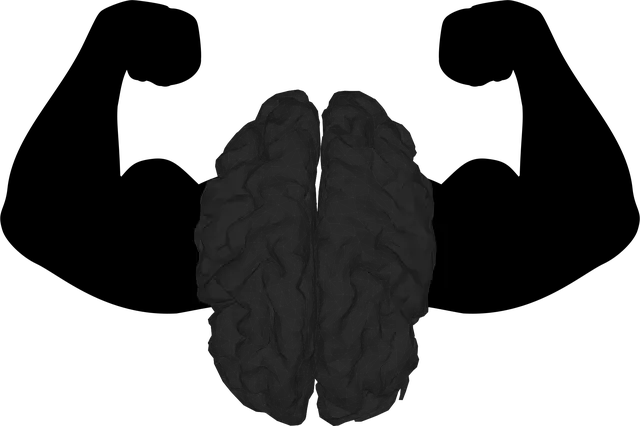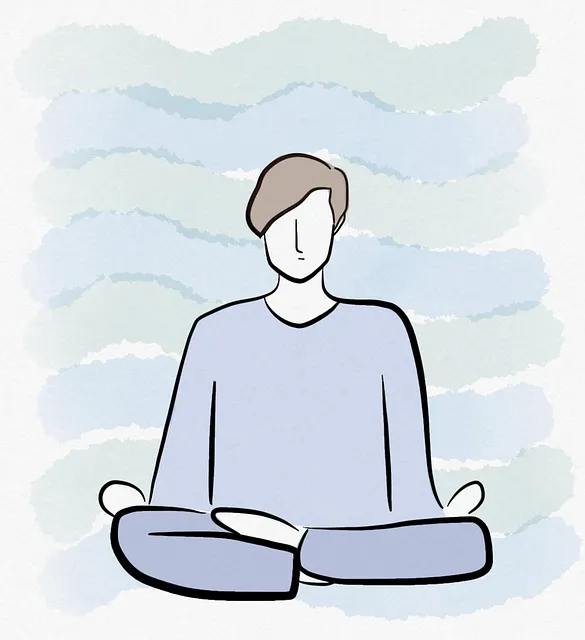Mental wellness group facilitation offered by Kaiser in Colorado Springs is a powerful, community-focused tool enhancing their renowned therapy services. Through supportive discussions and activities, participants gain insights into mental health conditions, develop coping skills, and foster resilience. Skilled facilitators guide groups addressing common challenges like anxiety, depression, or trauma, promoting open communication and cultural sensitivity. This inclusive approach improves access to care, enhances well-being, and provides valuable peer support for individuals seeking quality therapists in Colorado Springs.
Mental wellness group facilitation is a powerful tool in supporting individuals navigating mental health challenges. In this article, we explore the art of facilitating supportive groups, focusing on techniques that enhance participants’ well-being. We delve into the benefits of group dynamics for those seeking support, and how facilitators can create a safe, inclusive environment.
Learn about proven strategies to encourage open communication and manage group interactions effectively. Additionally, discover resources and training opportunities in Colorado Springs, including qualifications for Kaiser therapists, to become a skilled mental wellness group facilitator.
- Understanding Mental Wellness Group Facilitation
- – Definition and importance of group facilitation in mental health support
- – Benefits for participants: increased support, shared experiences, and enhanced coping skills
Understanding Mental Wellness Group Facilitation

Mental wellness group facilitation involves leading a diverse range of individuals through therapeutic discussions and activities aimed at improving mental health and well-being. It’s an effective approach, especially in a supportive setting like those offered by reputable organizations such as Kaiser in Colorado Springs, known for its high-quality therapists and comprehensive Trauma Support Services. These groups provide a safe space for participants to connect, share experiences, and learn coping skills from one another, fostering a sense of community and collective resilience.
The process goes beyond individual therapy, incorporating elements of Mental Health Education Programs Design to equip members with valuable knowledge about mental health conditions, treatment options, and self-care strategies. Facilitators play a crucial role in guiding these conversations, ensuring everyone feels heard, respected, and empowered to navigate their mental wellness journeys. By combining education, support, and skill development (Coping Skills Development), group facilitation techniques can significantly contribute to the overall well-being of participants.
– Definition and importance of group facilitation in mental health support

Group facilitation plays a pivotal role in enhancing mental health support, creating a safe and supportive environment for individuals seeking help. In the context of Colorado Springs, where Kaiser is known for its quality therapists, group sessions offer unique benefits. Unlike individual therapy, facilitation encourages peers to connect, share experiences, and learn from one another, fostering a sense of community and belonging. This technique is particularly effective in addressing common challenges related to mental wellness, such as anxiety, depression, or trauma (Trauma Support Services).
Facilitators skilled in emotional regulation techniques guide the group through interactive activities and discussions, promoting open communication and understanding. By incorporating cultural sensitivity in Mental Healthcare Practice, facilitators create an inclusive space where diverse perspectives are valued. This approach not only improves access to care but also ensures that support is tailored to meet the unique needs of each individual, making it a powerful tool for long-term mental health management.
– Benefits for participants: increased support, shared experiences, and enhanced coping skills

Mental wellness group facilitation offers a supportive environment where participants can connect with others facing similar challenges. This unique setting fosters a sense of belonging and provides a powerful source of support. By sharing experiences, individuals gain valuable insights from one another, understanding that they are not alone in their struggles. Such connections encourage empathy and create a network of care, enhancing the overall well-being of group members.
Moreover, these groups empower participants with effective coping skills. Through interactive discussions and activities, individuals learn healthy strategies to manage stress, anxiety, or depression. For instance, conflict resolution techniques, mindfulness meditation, and burnout prevention strategies for healthcare providers can be seamlessly integrated into group sessions. These tools not only improve mental resilience but also equip members with practical ways to navigate life’s challenges, potentially leading to better outcomes when seeking care from providers like those at Kaiser in Colorado Springs.
Mental wellness group facilitation offers a powerful support system for individuals seeking improvement in their mental health. Techniques used by skilled facilitators, such as those found at leading institutions like Kaiser in Colorado Springs, can significantly enhance coping abilities and foster a sense of community among participants. By providing a safe space to share experiences, these groups empower individuals with valuable tools for managing stress and improving overall well-being. Whether you’re searching for the best therapists in Colorado Springs or exploring mental health resources, understanding group facilitation techniques can lead to transformative outcomes.






